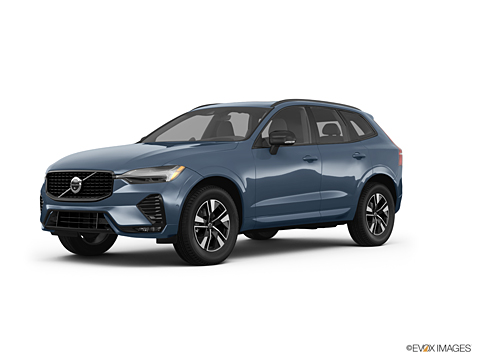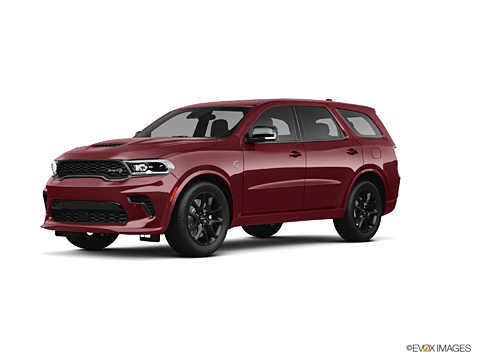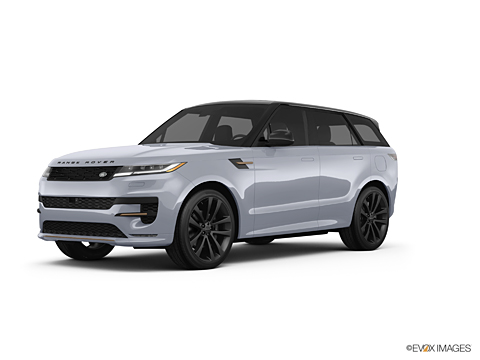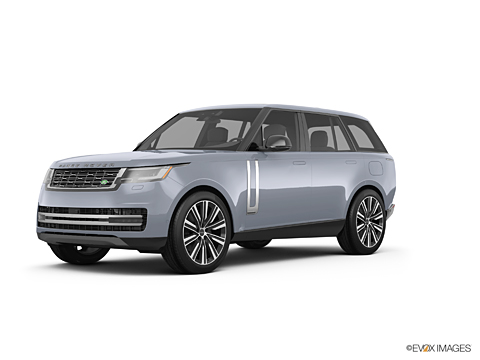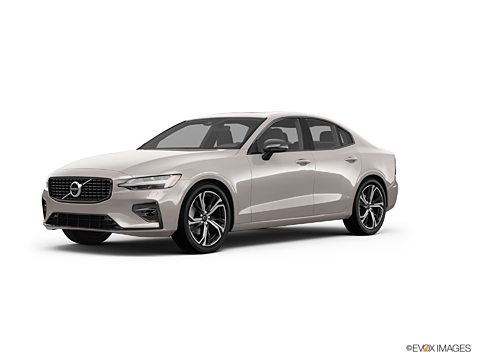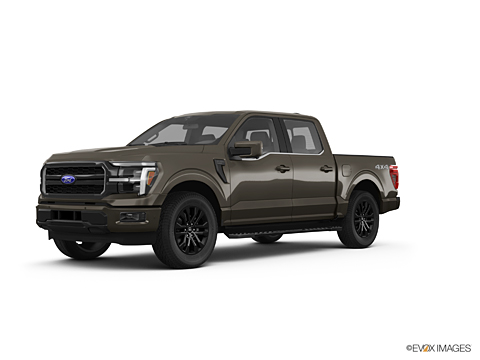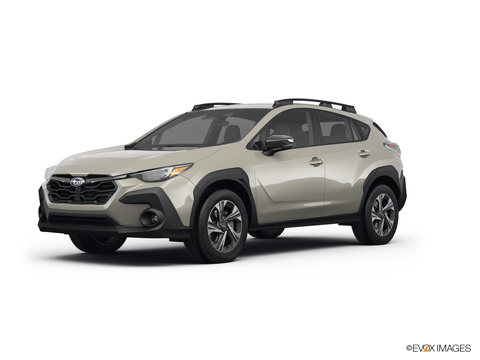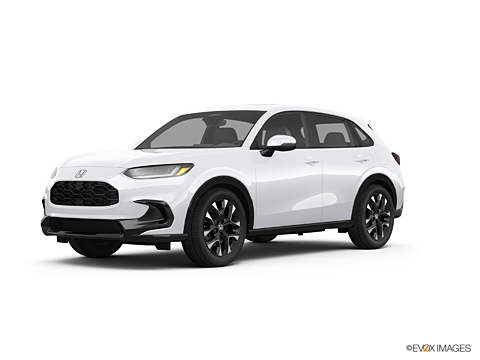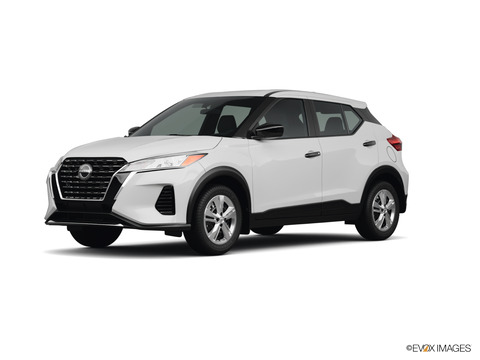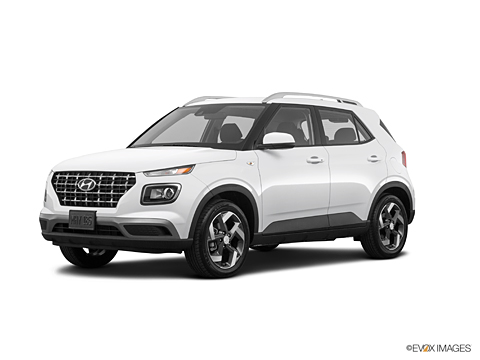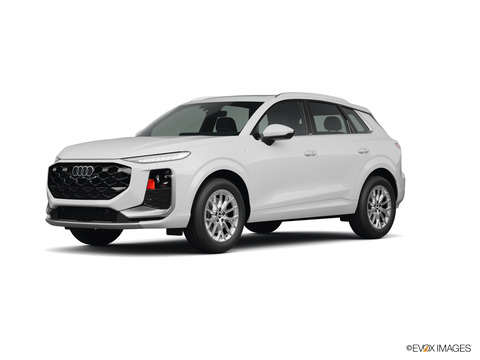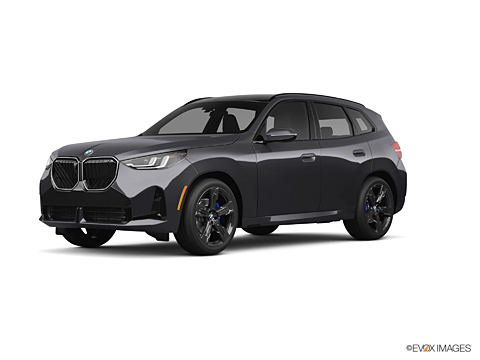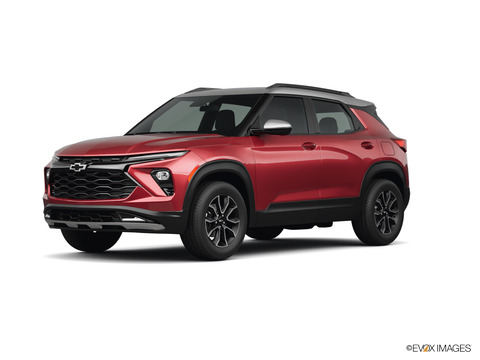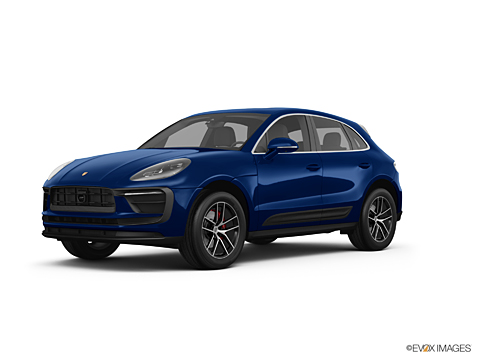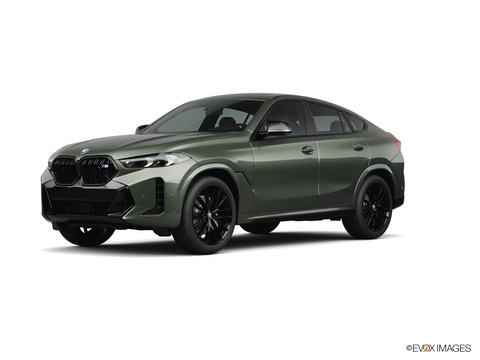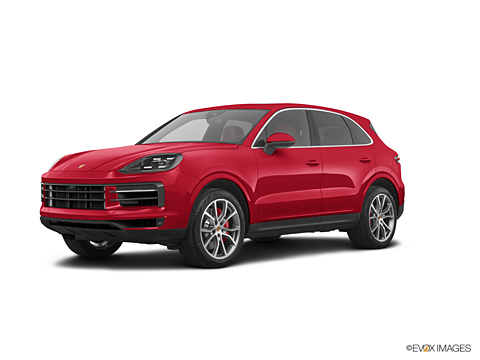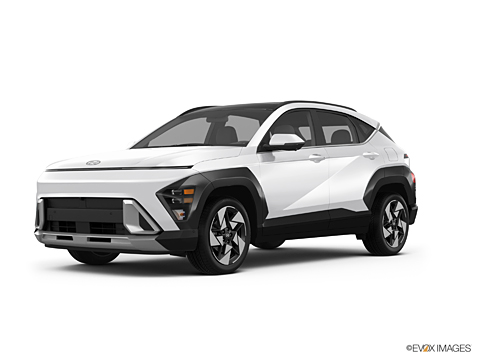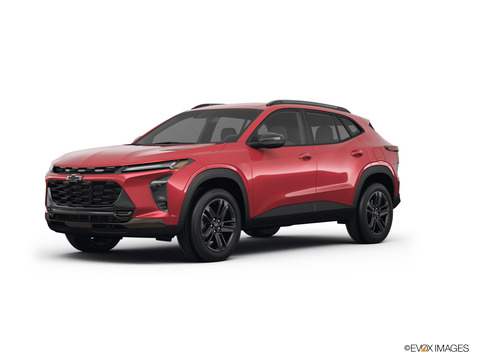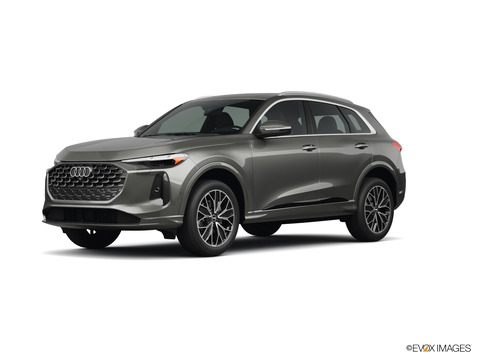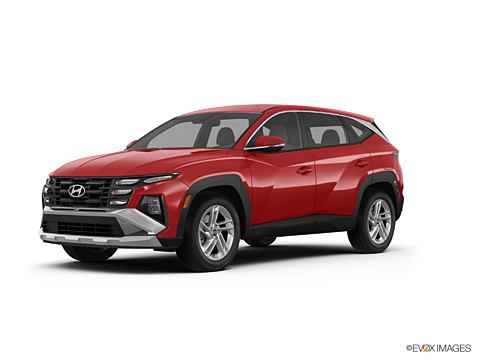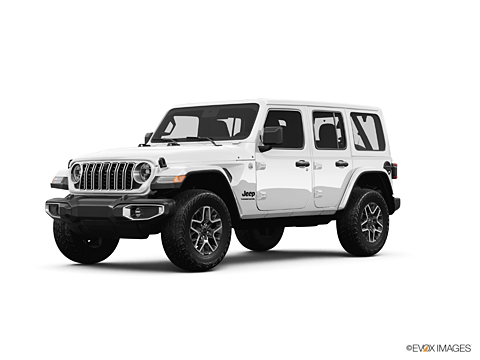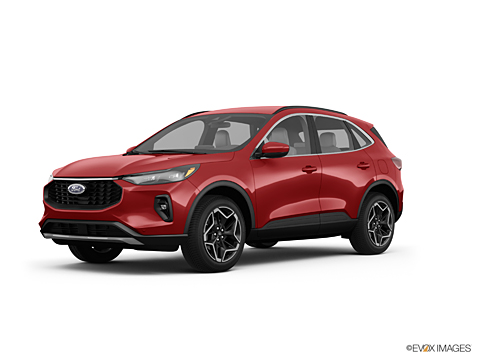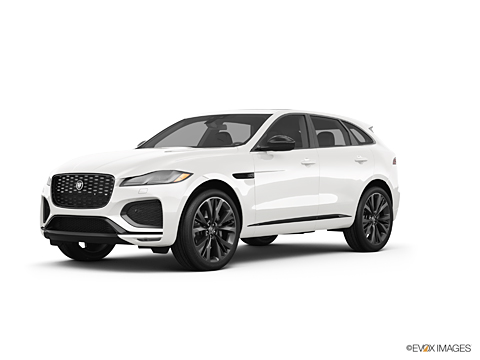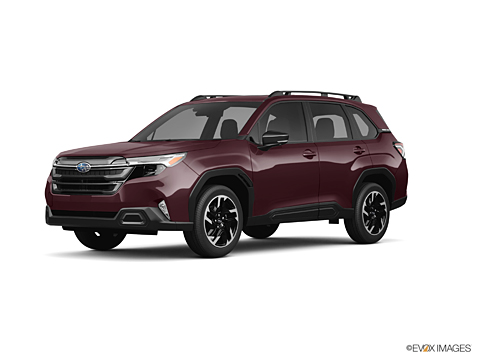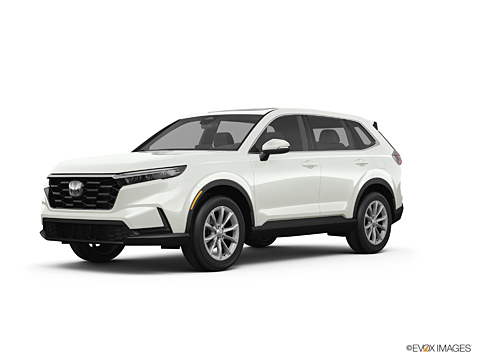
Best Supercharged SUVs for 2026
These are the best supercharged SUVs based on iSeeCars' analysis of each vehicle’s reliability, resale value and safety.
Many lists ranking supercharged SUVs may already exist, but those depend mostly on subjective editorial criteria. iSeeCars' Best Supercharged SUVs are ranked using a data-driven and objective methodology. By applying data science to over 330 million vehicles, iSeeCars analyzes each car to understand its reliability and how long-lasting it is, its safety, and how well it holds its value over time. Each supercharged SUV is compared to others within its own category, and the best one in a given category is the model with the best ratings across these three key areas, summarized by the iSeeCars Quality Score. Here are the top models in each supercharged SUV category:
The best supercharged midsize SUV is the Dodge Durango (7.3 quality rating), which is also the best supercharged crossover SUV. The Dodge Durango ranks #1 for the best supercharged three-row SUVs (7.3 quality rating).
A supercharger is the most effective engine accessory when it comes to increasing horsepower, though their negative impact on fuel efficiency makes them rare in new and recent model year used cars. But for serious high-performance enthusiasts who also want the cargo space and practicality – plus the off-road capability – of an SUV, a small number of automakers sell supercharged utility vehicles offering all three.
iSeeCars has identified the best supercharged SUVs and crossovers and ranked them below. The vehicles’ rankings are based on their iSeeCars quality score, which takes reliability, resale value, and safety into consideration. One of the benefits of combining a powerful, supercharged engine with an SUV body style is the presence of all-wheel drive. Unlike coupes or sports cars that often rely on front- or rear-wheel drive, an all-wheel-drive system improves traction by incorporating all four wheels for improved traction.
It’s important to understand the difference between a supercharged and a turbocharged engine, because turbocharging is much more common on today’s cars. While a turbo (or twin-turbo) engine can also benefit from increased horsepower, turbochargers are powered by an engine’s exhaust flow, which means a much smaller hit to fuel economy. In fact, a small four-cylinder or V6 engine with a turbo can largely retain the fuel efficiency advantages of its small displacement while simultaneously delivering power levels like a larger V8 engine. This has made turbocharging quite common on vehicles in recent years.
In contrast, a supercharger is driven by the engine’s crank, much like the air conditioning or power steering systems of older vehicles. Whenever an engine accessory is driven by the engine’s crank it hurts fuel efficiency, making superchargers increasingly difficult to justify as fuel economy standards rise. But modern sports cars and supercars, and even a few SUVs and luxury SUVs, still leverage supercharger technology to enhance performance. For SUVs, a supercharged powertrain not only benefits acceleration but also towing capacity and off-road capabilities.
Performance trim level SUVs like the Dodge Durango SRT Hellcat and Jeep Grand Cherokee Trackhawk are two of the fastest SUVs you can buy, with over 600 lb-ft of torque and muscle-car-like acceleration. Midsize and larger three-row models, like the Audi Q7, Cadillac Escalade V, and Volvo XC90, lean more toward the luxury side, while the Range Rover and Land Rover Defender use their supercharged power for improved off-road performance.
Even as superchargers fade, turbochargers continue to expand across the SUV world. Some of the quickest SUVs, such as the Audi RS Q8, BMW X5 M, Lamborghini Urus, Mercedes-AMG GLE 63, and Porsche Cayenne Turbo GT, have incorporated turbo technology to deliver incredible acceleration and top speed numbers. If you can’t find a supercharged SUV that fits your needs, consider one of many turbocharged models available.

How We Rank These Cars
The best supercharged cars rank vehicles by iSeeCars Score which is based on our proprietary assessment of a vehicle’s reliability, resale value and safety (based on ratings from IIHS and NHTSA).
iSeeCars Score is an analysis of three factors: reliability, resale value and safety. It is calculated based on the latest research and analysis by our data science team. The data analysis comes from over 12 million new and used vehicles in our Longest-Lasting Cars and 5-Year Depreciation Studies, combined with NHTSA and IIHS Safety Ratings.
Vehicles are scored in three categories:

Reliability
The reliability score represents an analysis of iSeeCars' proprietary research on the longest-lasting vehicles.

Value Retention
The value retention score is based on our data science team's statistical analysis and prediction of 5-year depreciation from MSRP to determine which cars hold their value best, using US Bureau of Labor Statistics data to adjust for inflation.

Safety
The safety score is calculated based on the last five years of crash test ratings from the National Highway Traffic Safety Administration (NHTSA) and incorporates the latest Top Safety Pick information from the Insurance Institute for Highway Safety (IIHS).

